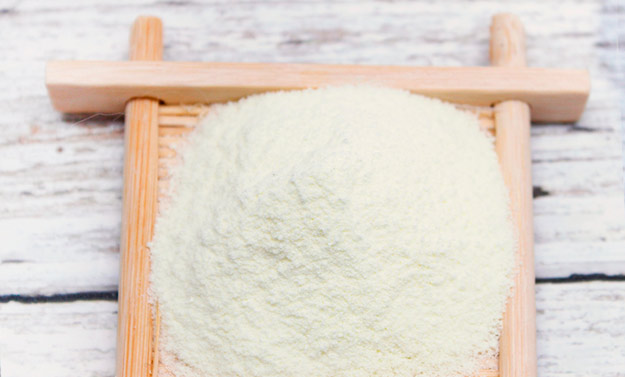Additives are substances added to food to improve its color, texture, flavor, and shelf life. They can be either natural or synthetic and include things like preservatives, sweeteners, and emulsifiers. Additives must meet strict safety standards before they can be used in food products.
Natural additives wholesale can provide many practical benefits when mixed with regular products. For one, they can stabilize compounds, or thicken them, depending on the ingredients involved. Some of these additives have existed for hundreds or thousands of years. For example, salt was once one of the most expensive minerals owing to how it could preserve perishables. Sugar may do the same, depending on the product.

Anticaking Agents – prevent clumping in powdered products like flour and crystalline items such as salt.
Bleaching Agents – lighten or enhance the color of food, or enable browning during cooking.
Chelating Agents – bind to minerals in foods to prevent degradation.
Clarifying Agents – maintain the clarity of liquids by preventing sediment.
Conditioning Agents – enhance the baking quality of flour.
Emulsifiers – prevent the separation of water- and fat-soluble ingredients.
Leavening Agents – facilitate the rising of baked goods.
Moisture Control Agents (Humectants) – keep packaged foods moist.
pH Control Agents – regulate acidity and alkalinity in food to prevent spoilage.
Stabilizers and Thickeners – provide structure and a “fatty” mouthfeel to low-fat foods.
Food Preservatives, including Antioxidants and Antimicrobial Agents – prevent food from spoiling.
Coloring Agents, which may be natural or synthetic – enhance the visual appeal of food.
Flavoring Agents – add flavor to food.
Sweeteners – add sweetness to food.
The primary objective of these additives is to increase the profitability of food products for merchants by reducing spoilage and making them more appealing to consumers through improved taste, nutrition, appearance, convenience, or lower cost.
However, the reliance on natural additives wholesale would diminish if we incorporated more fresh foods into our diets. Generally, the quicker a food spoils, the healthier it is likely to be for you.
First identify the specific functionality you require. For instance, if you need a preservative, options like citric acid or sodium benzoate might be appropriate. If your goal is to improve texture, hydrocolloids such as xanthan gum or carrageenan could be beneficial. Clearly defining your desired outcome will help you narrow down the available choices. Additionally, ensure that the selected natural additives are approved by regulatory bodies like the Food and Drug Administration (FDA) or the European Food Safety Authority (EFSA). It’s important to check for any potential health risks or allergenic properties associated with the additives and conduct a thorough risk assessment to guarantee consumer safety.
Regulatory compliance is another critical factor; familiarize yourself with the regulations and guidelines governing natural additives in your target market, as different regions may have specific requirements and permitted levels for certain additives. Ensure your chosen additives meet these regulations to avoid legal issues and maintain consumer trust. Also, consider the compatibility of the additive with other ingredients in your product formulation, as some additives may interact with certain ingredients, affecting the overall quality or stability of the product. Conduct compatibility tests to ensure the additive integrates well without causing adverse effects. Evaluate the impact of the additive on the shelf life and stability of your product, considering storage conditions and packaging materials. Finally, assess the sensory impact of the additive on the final product, including taste, texture, color, and aroma, to ensure it aligns with your target consumers’ preferences.
Supplier Reliability: Choose a reputable and reliable food additive factory for your natural additives wholesale. Consider their track record, quality control measures, and adherence to industry standards. Establish a good working relationship to ensure consistent supply, technical support, and responsiveness to your needs.
Cost-Effectiveness: Evaluate the cost-effectiveness of the chosen additive. Consider the dosage required, its availability, and the impact on your production costs. Balance the quality enhancement provided by the additive with the overall profitability of your product line.
Choosing the right natural additives wholesale is a crucial step in the development of successful food products. By considering factors such as functionality, safety, regulatory compliance, consumer preferences, compatibility, shelf life, sensory impact, supplier reliability, and cost-effectiveness, food manufacturers can make informed decisions and select the most suitable additives for their product lines.
This is the first one.